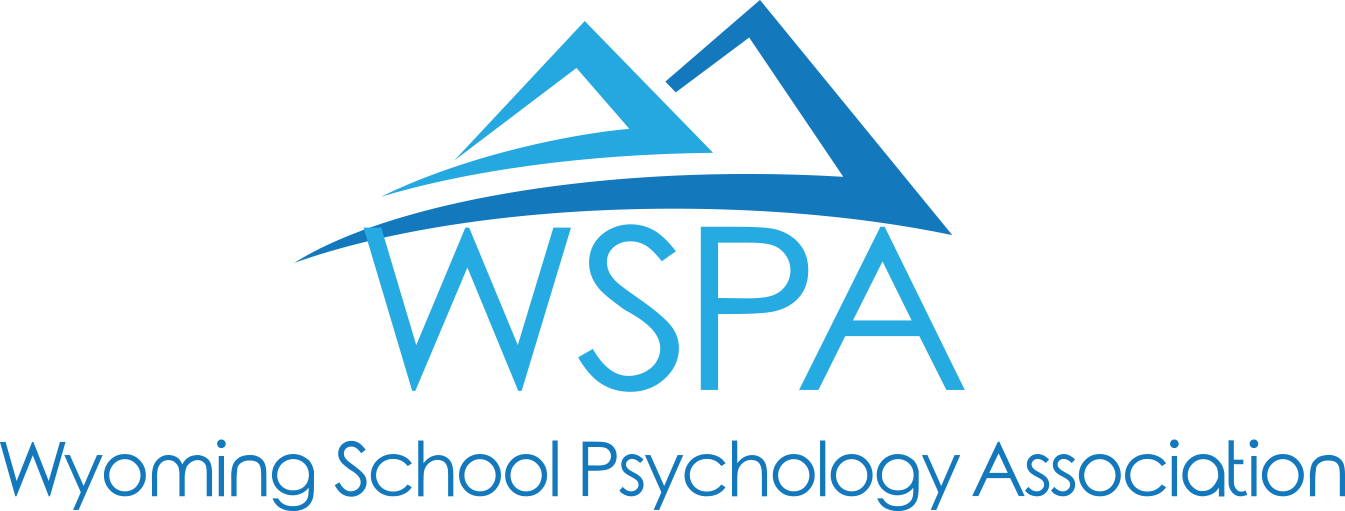***Post written by Sarah Perkins, Website Administrator, Membership Chair, Publications Chair, and President-Elect for WSPA***
As our district is pretty large (as least for Wyoming), we have several district programs for special education students. These programs can be invaluable for students with severe needs as they allow for concentration of specialized staff in particular locations. However, I have also noticed two major difficulties with the programs: transitioning students out of the programs can be difficult and establishing and maintaining clear criteria for entrance into programs can be difficult.
The entire point of district programs, of course, is to provide different educational experiences than can be found in the typical special education setting in schools. This does mean though, that students often have a hard time moving successfully back to their home schools. I have noticed this most specifically with students who have behavioral struggles. The district program is a smaller, more structured setting and it usually focuses more on behavior than on academics. When the student is successful there and is ready to transition back to her home school, the physical setting can be overwhelming and the expected work load almost always is. This often leads to schools feeling like students should not come back and the belief that the district program just does not understand how “real” schools work.
The other difficulty is determining which students should participate in these programs. There can, and should, be criteria outlined and available to all special education staff. But we all know special circumstances arise all the time. What about transfers who came from a district without an analogous program? What about extreme changes in behavior? What about a student who could be eligible for two different district programs? Sometimes it can feel to schools like a hopeless situation; in order to meet the criteria, the student has to fail spectacularly or the staff has to complain to the point of where they are no longer perceived to be representing the student’s best interests. And then the parent concerns come into play which can put the entire process into a tailspin, making all the staff work irrelevant in an instant.
With all that in mind, are district programs a good use of resources? I would argue that they are, but they need to be extremely structured, have clear goals, and be impeccably staffed. In those districts that are too small to have permanent district programs, they often end up having to create ad hoc situations that have advantages and disadvantages compared to more settled programs.
What are your thoughts and concerns regarding district programs?

Recent Comments